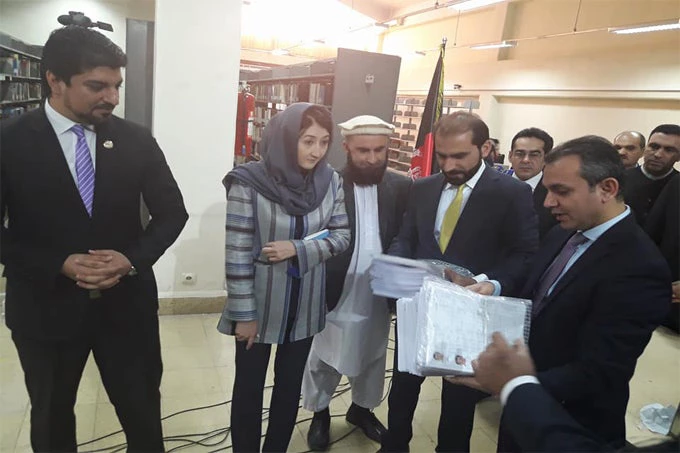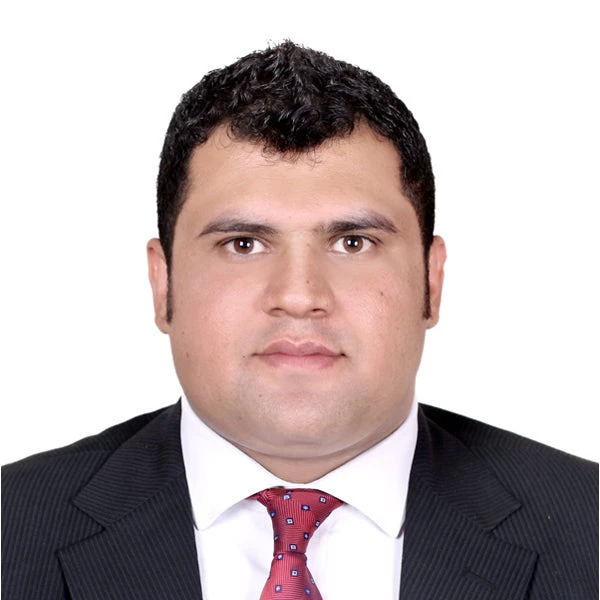
Recruiting the right people for the right jobs is the drive behind the first mass recruitment carried out by the Government of Afghanistan to improve public services. The process is currently underway as part of the government’s civil service and procurement reforms to improve capacity in ministries. Almost 700 highly qualified women and men are expected to be recruited by the end of 2017.
The ongoing recruitment, led by the Independent Administrative Reform and Civil Service Commission (IARCSC), is in tune with the government’s efforts to professionalize procurement and improve capability in ministries and other government institutions.
Candidates are undergoing a rigorous selection process, including a mass examination, which saw about 7,800 people take the exam. IARCSC is working closely on this initiative with the National Procurement Authority (NPA), which is providing technical support, and the Ministry of Higher Education, which is facilitating the examination process.
The restructuring process has been initiated and is near completion for 42 organizational structures.
The final selection of the ongoing recruitment process will see 697 positions filled in several ministries. The current process will not only fill these positions, but also identify a pool of candidates who are qualified and will be kept on a reserve list for potential future employment.
The reform efforts are backed by support from the Capacity Building for Results Facility and Public Financial Management Reform II projects. Both projects are funded through the Afghanistan Reconstruction Trust Fund (ARTF), managed by the World Bank.
Successful candidates who pass the procurement kankor exam qualify for the interview stage, with top ranked candidates being introduced to the relevant entities to start their work. Grades 5 and 6 are not part of the interview, they will be qualified by receiving higher marks in the kankor exam. The final process of verifying and interviews for higher level Grade 2 and 3 (managerial) positions are currently in progress.
IARCSC and NPA are also contemplating further strengthening of the capacity of the procurement unit including training and development, certification programs, capacity building of procurement institute and procurement training curriculum, etc.
In Afghanistan, per Civil Servants Law, civil servants' grades are divided into five categories as follows:
- Category A: Senior Leadership, including Grade 1 (e.g. Director General), and Grade 2 (e.g. Director).
- Category B: Senior Professional Leadership, including Grades 1 and 2.
- Category C: Management-Medium Professional, including Grades 3 and 4 (typically managers, unit heads, senior specialists etc.).
- Category D: Executive Professional Elementary, including Grades 5 and 6 (entry level technical specialists).
- Category E: Vocational - Peon, including Grades 7 and 8 (typically non-professional/technical and support staff).



Join the Conversation